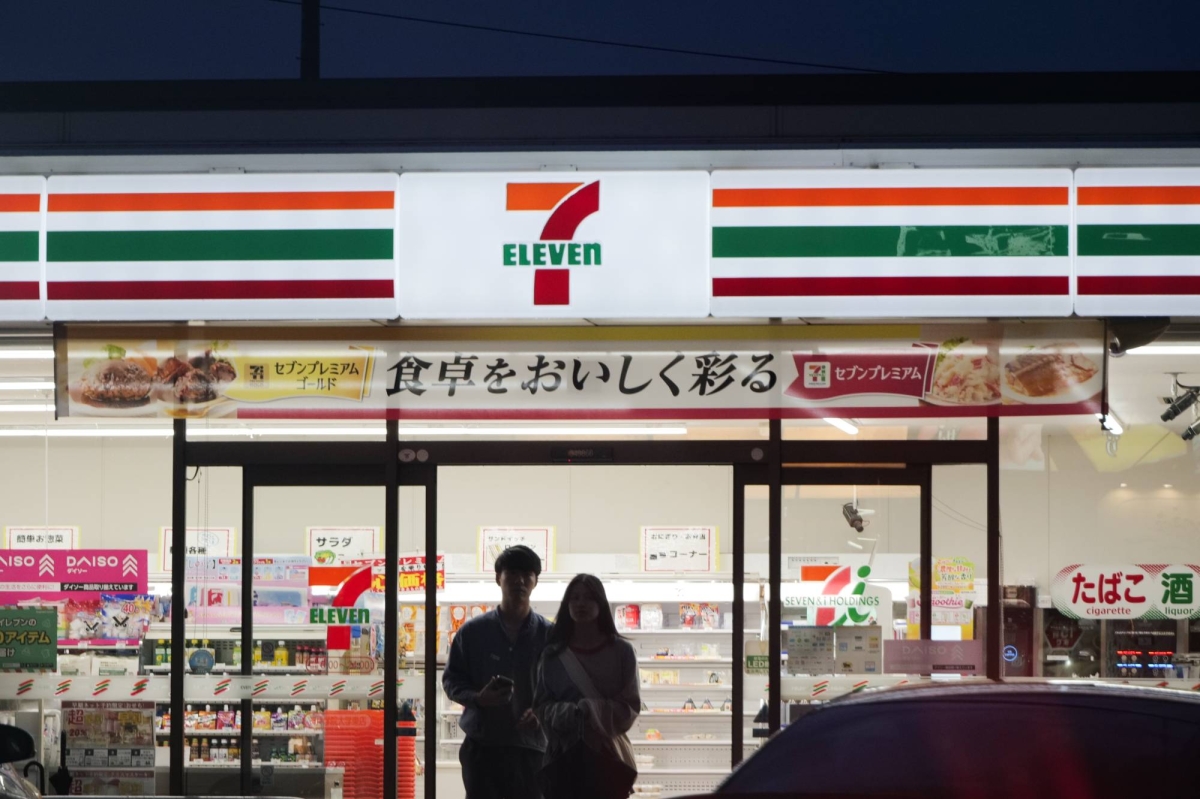In July 2025, Alimentation Couche‑Tard, the Canadian convenience store giant, officially withdrew its $46 billion bid for Japan’s Seven & I Holdings, the operator of 7‑Eleven. This Couche‑Tard Seven & i withdrawal came after protracted negotiations broke down amid accusations of delay and insufficient engagement. The saga offers key insights into Japan’s evolving corporate governance, the complexities of mega mergers, and the strategic lessons for global investors.
This article explores the origins and dynamics of the bid, stakeholder reactions, market impacts, and broader implications for cross‑border acquisitions in Asia.
Background and Bid Evolution
Couche‑Tard first approached Seven & I in August 2024 with an offer valuing the company near $39 billion. In response, Seven & I rejected the proposal. Undeterred, Couche‑Tard sweetened its bid to $46 billion, a roughly 47 percent premium over pre‑bid share prices, and secured a non‑disclosure agreement in early 2025. However, after months without substantive engagement, Couche‑Tard announced the official Couche‑Tard Seven & i withdrawal, citing a “calculated campaign of obfuscation and delay.”
Despite this setback, Couche‑Tard affirmed it would avoid a hostile takeover and focus on enhancing its existing operations.
Governance and Cultural Barriers
The Couche‑Tard Seven & i withdrawal highlights deep-rooted cultural and institutional resistance in Japan’s corporate landscape. Seven & I’s leadership, including its founding Ito family, resisted the bid, leveraging formal defenses such as share buybacks, asset spinoffs, and slow-moving governance processes.
These actions exemplify Japan’s historically conservative approach to foreign acquisitions. While reforms in recent years aim to boost transparency and shareholder value, the resistance to this deal suggests lingering protective instincts remain entrenched across corporate Japan.
Market Reaction and Shareholder Sentiment
Following the Couche‑Tard Seven & i withdrawal, Seven & I shares dropped approximately 9 percent, nearing three‑month lows as investor optimism faded. Yet the stock remained well above pre‑bid levels, suggesting that stakeholders appreciated the temporary push towards governance reform.
Institutional investors in Seven & I, such as Artisan Partners and ValueAct, had urged management to negotiate in good faith. However, the stalled process showed that activism still struggles to influence decisions at major Japanese firms where family heirs maintain strong influence.
Takeovers in Japan: Still an Uphill Battle
While Japan’s merger and acquisition activity hit approximately $232 billion in early 2025, an all‑time high, this deal demonstrates ongoing hurdles in foreign-led acquisitions.
Japan’s market remains cautious, especially in sectors deemed “core” to national interest, such as retail and infrastructure. Couche‑Tard echoed this concern, noting U.S. antitrust requirements and caution over a possibly hostile approach.
Japanese regulators have issued clearer guidelines to support M&A reforms, but the need to safeguard national priorities often complicates foreign investment. The Couche‑Tard Seven & i withdrawal therefore stands as a cautionary tale for entering this environment.
Silver Linings and Long‑Term Impacts
Despite its failure, the bid sparked meaningful changes within Seven & I. The company announced plans for a ¥2 trillion share buyback along with divestment of non-core assets and the appointment of its first foreign CEO, Stephen Dacus.
These initiatives suggest that even a failed takeover can prompt structural reforms and more shareholder-friendly actions. Analysts believe the episode may encourage other foreign investors to pursue Japanese companies with more assertive strategies.
Strategic Takeaways for Global Investors
The Couche‑Tard Seven & i withdrawal offers several lessons:
- Be Prepared for Cultural Resistance: Negotiations with entrenched corporate families require clear, aggressive strategies.
- Engage Regulators Proactively: Early alignment with national regulators and clearances is essential for high-value, cross-border deals.
- Set Realistic Bid Structures: Passive offers may not succeed; contingency planning for hostile routes might be necessary.
- Use Influence Even in Withdrawal: Even without winning the deal, bidders can drive change via governance pressure.
Conclusion
The Couche‑Tard Seven & i withdrawal marks a significant moment in Japan’s M&A history. While it underscores the challenges of foreign acquisitions in markets with protective governance structures, it also showcases the potential for transformative change. For investors targeting Japanese corporations, the message is clear: success requires deeper cultural insight, regulatory coordination, and strategic resolve.
As Japan continues its incremental shift toward greater capital market openness, future deals will test its evolving norms—and the lessons from this high-profile episode will resonate globally.
Read More






 Friday, 27-02-26
Friday, 27-02-26







